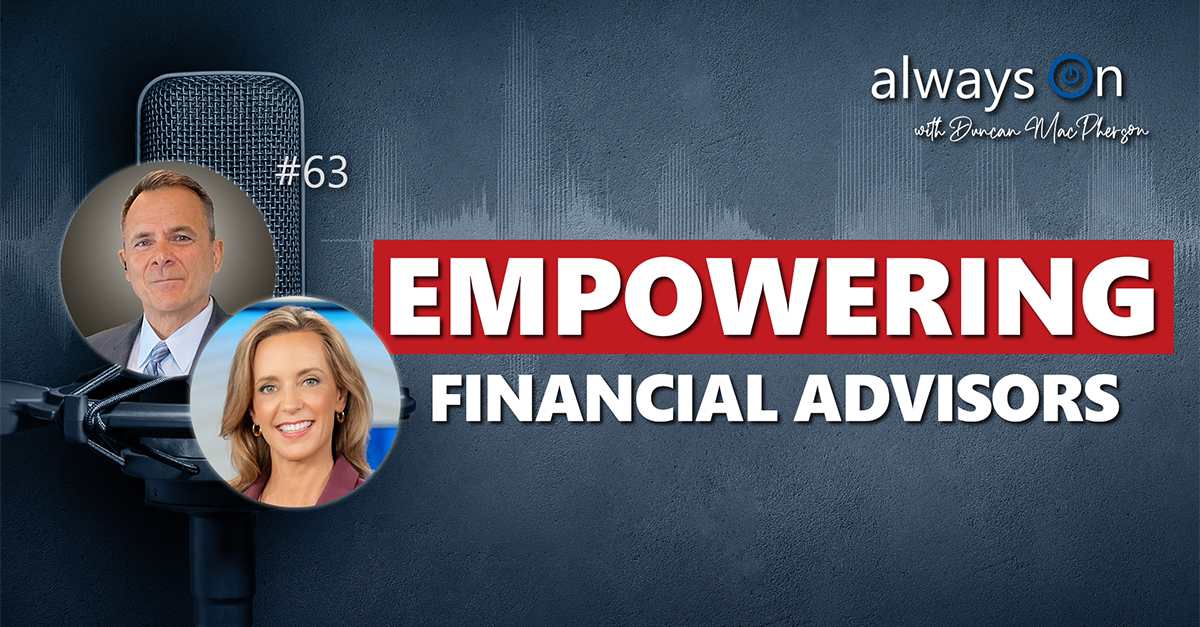Prioritizing Quality Over Quantity
Do you tell your clients that your goal isn't to get as big as possible but to stay small to preserve the quality of their experience? In this conversation, we explore the importance of being selective about who you work with and why focusing on fewer clients can actually provide greater value.
Learn how narrowing your client base to those who align with your philosophy allows you to maintain high standards, build stronger relationships, and ensure every client receives the attention they deserve. Discover how setting boundaries with your client roster can help you deliver a superior experience, enhance your brand, and stay true to your core values.
Stream the entire podcast featuring Sybil Verch, Wealth Advisor, TV show host, and Author, by clicking one of the links below
Apple Podcasts: paretosys.co/ao_ap
Spotify: paretosys.co/ao_sp
Find Your Channel: paretosys.co/ao_bb
















